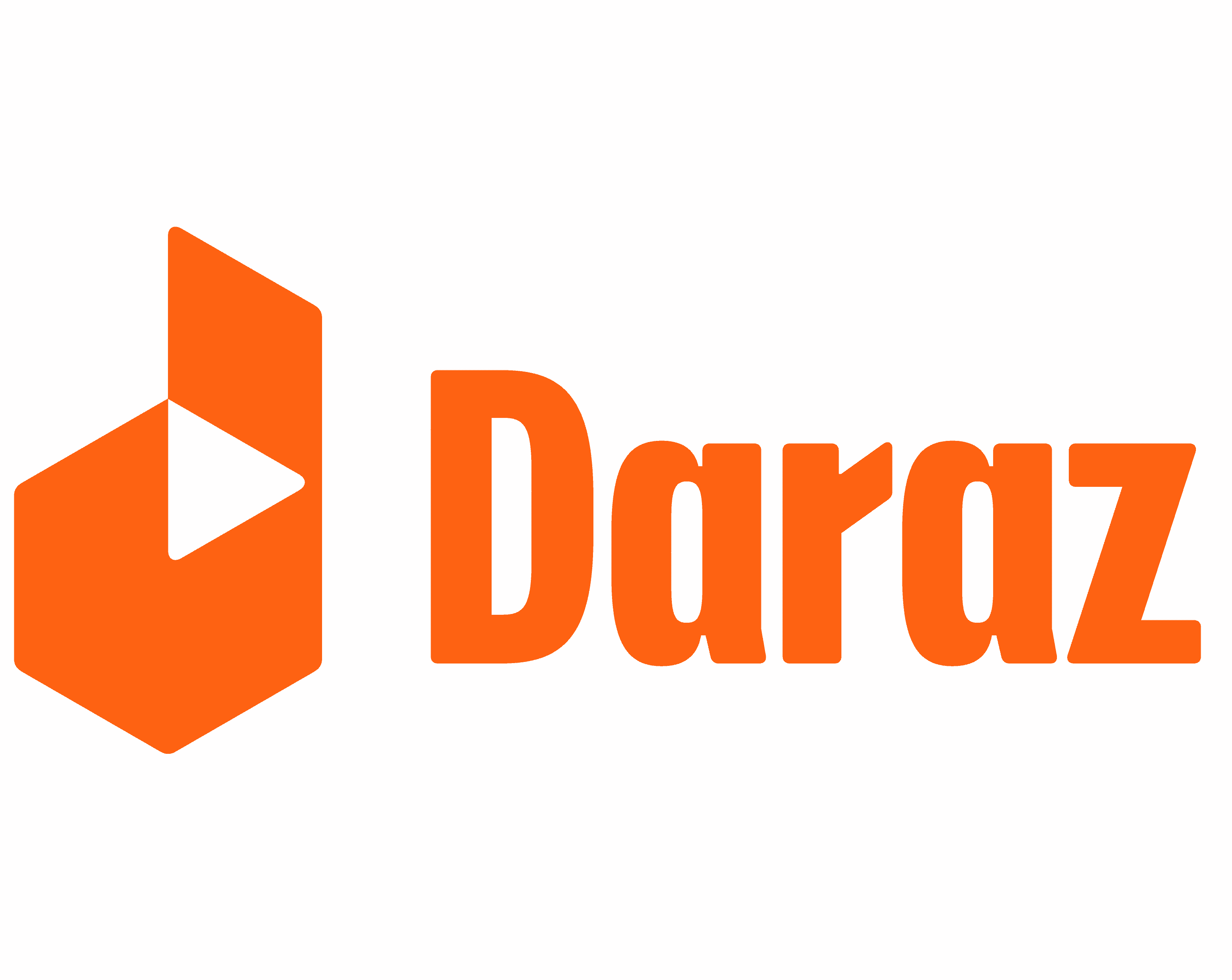Navigating Health Information Online: Identifying Reliable Sources
It is no secret that more and more people look for adequate health information using the internet. Whether it is looking up a specific symptom, a treatment, general well-being advice, or just the latest news about medicine, the online world has it all. The challenge that comes with this is figuring out what sources are credible. So, here are some tips on how to look up health information on the globe’s largest encyclopedia whilst being able to distinguish between reliable and incorrect information.
1. Which Type of Website Would One Look Into
To Some Degree, Websites Based on Trust Would Look Like This -
Health information is most often sought from established agencies, so verify the website, as some sources simply can’t be trusted. Here are some examples of reliable sites:
- Websites of the Government’s Health Departments: Well-known sites like the World Health Organization (WHO), the Center for disease control (CDC) and the National Institute of Health (NIH) are reliable as they provide clinically proven information.
- Non-profit Health organizations – Numerous projects and studies have been carried out by the American Cancer Society and the American Heart Association in regards to health and nutrition, and can be useful.
- Universities – Medical schools and other universities carry out studies, research, and publish health information. Websites that have the .edu ending are ideal.
- Domain Names: If you are looking at domains such as .com, then take a moment to look at the site carefully as these may or may not be commercial and reliable sites. A tip would be to verify them.
2. Verify the Author’s Credentials
- Professional Background: Experienced and trustworthy health content should solely be authored or validated by health professionals. Seek particulars such as MD, PH, or RN. These in turn signify that the author has training and skills in that profession.
- Expert Review: Articles should as far as possible, bear the stamp of medical experts or should have appeared in a peer review journal. Medical articles undergo strict editing by specialist of that field before it is finally printed.
3. Analyse the Content
- Evidence Based Information: Trustworthy health information is composed through research/surveys and any other form of evidence. Search for illustrative supporting documents of peer-reviewed articles, clinical studies or information from reputable organizations. Leave aside publications where testimonies are frequently given the head of the document.
- Up to Date Information: Health recommendations, instructions, and guidelines are prone to rapid evolution. Look at the date of publication and the issue of latest editions to ensure the content is recent.
- Balanced View: Nonpartisan sources issue information that has other angles of views; plausible angles of views that readers don’t consider. Some articles go overboard on weighty points while others promote quack treatments that remain untested.
4. Determine the Site’s Aim
- Commercial Intent: Sites whose primary aim is to market goods or services may tilt the information to enhance their selling points. Make sure that there is an appropriate border between material and marketing.
- Transparency: Trustworthy websites are open about their purpose, editorial guidelines, and where their money comes from. They should also have an email and a means of certifying their contributors’ credentials.
5. Look for Peer Reviews and Endorsements
- External Reviews: Check whether other trustworthy sites or professional healthists have linked the content. Endorsements from reliable sources can be encouraging signs of dependability.
- Professional Endorsements: Endorsements or support from medically recognized professionals or organizations can also help in confirmation.
6. Notice Rust Flags
- Sensationalism: Headings that are too compelling or revolve around fear must be kept at bay. An alarmist use of language is one of the red flags of unreliable sources.
- Lack of Sources: Those articles that do not cite credible studies or experts should be taken with a pinch of salt. Dependable content is always accompanied by references and hyperlinks.
- Personal Stories: Personal anecdotes can add value, however, they should complement and not substitute while seeking medical advice. Always verify personal accounts against information obtained through research.
Conclusion
There is a need to be vigilant while searching for health information on the web. By determining the source, examining who wrote it, considering the content, what the site is aimed at and noting warning signs, you can ensure you access reliable health information. On that note, if you have any doubts, remember that it’s always best to get in contact with your doctor for specific recommendations.
Explore: Making Healthy Choices Food Considering Choices and Nutrition



















